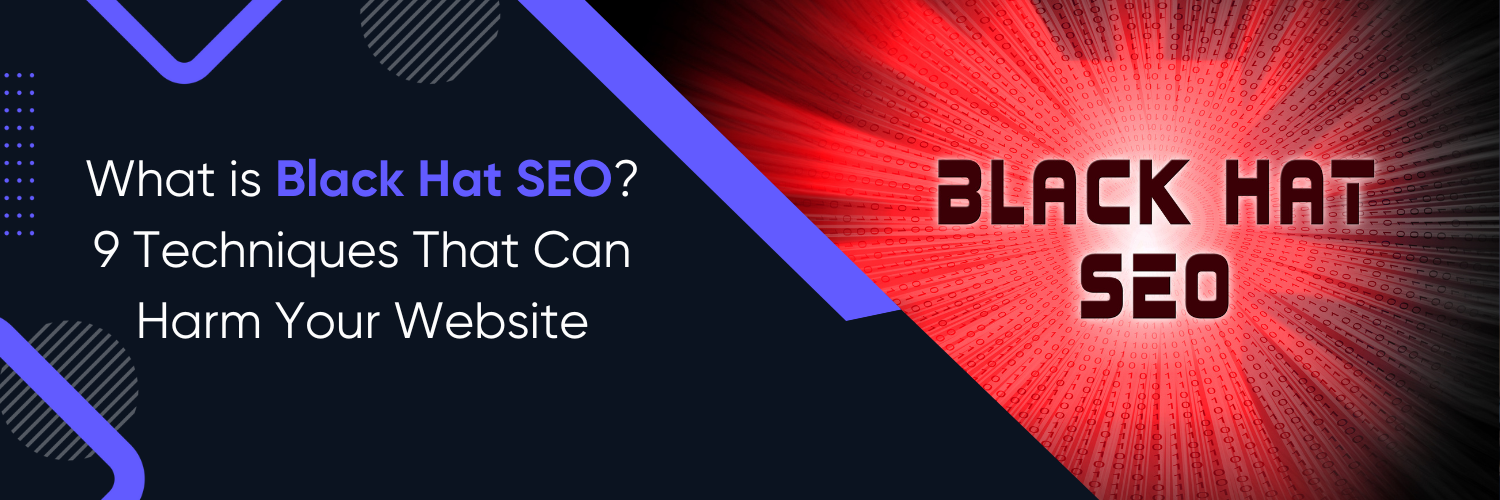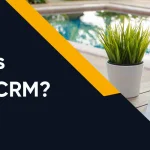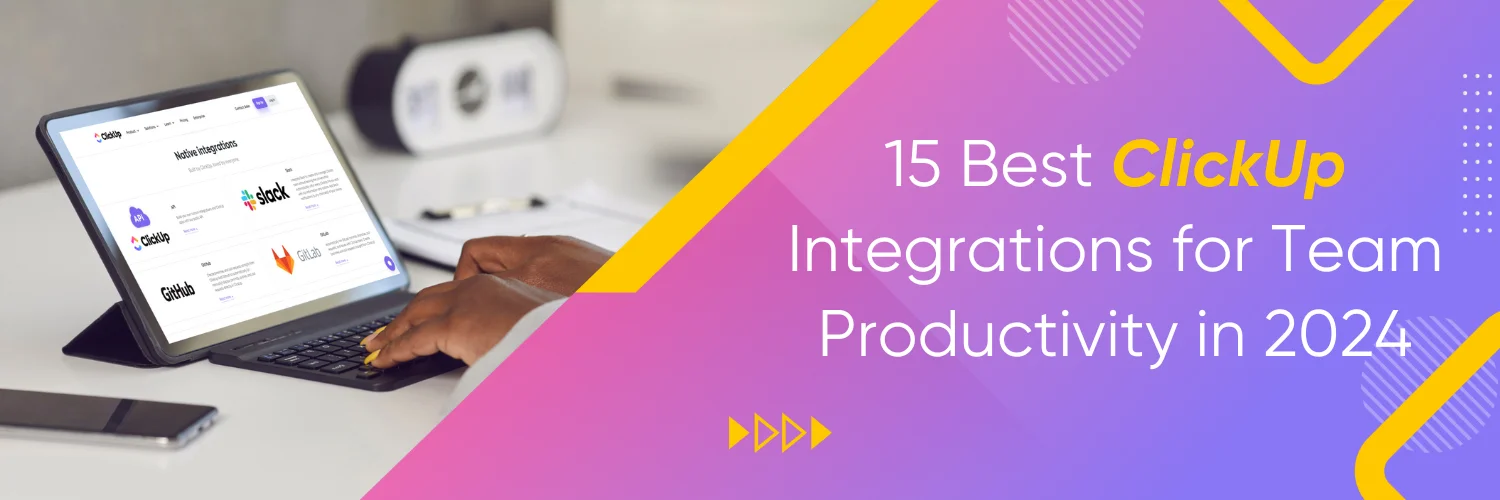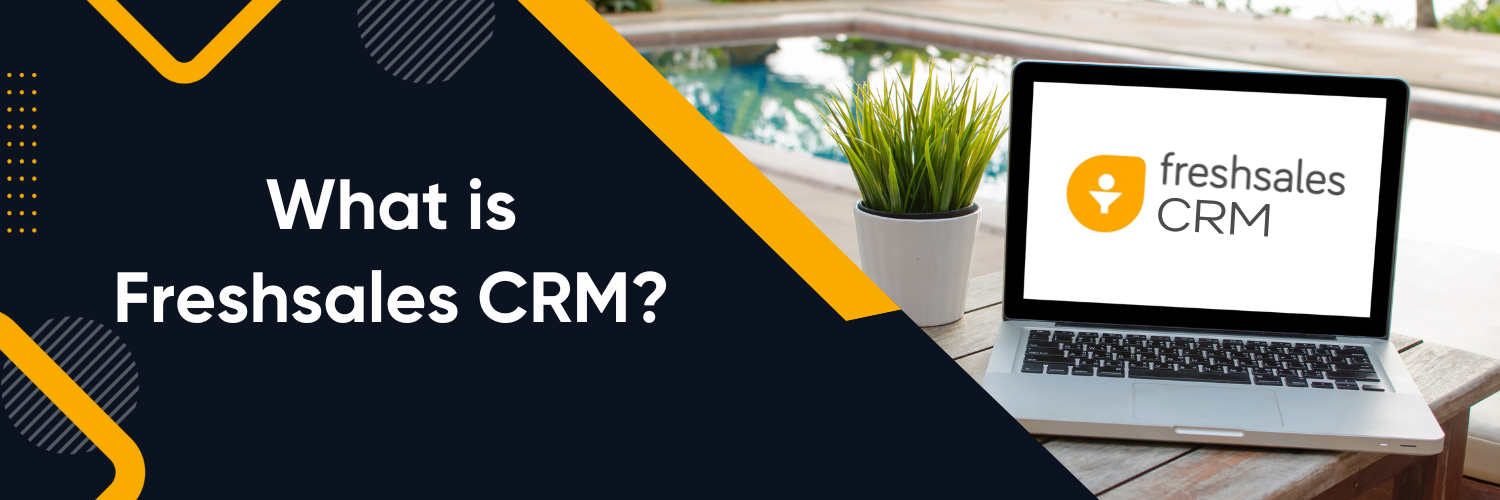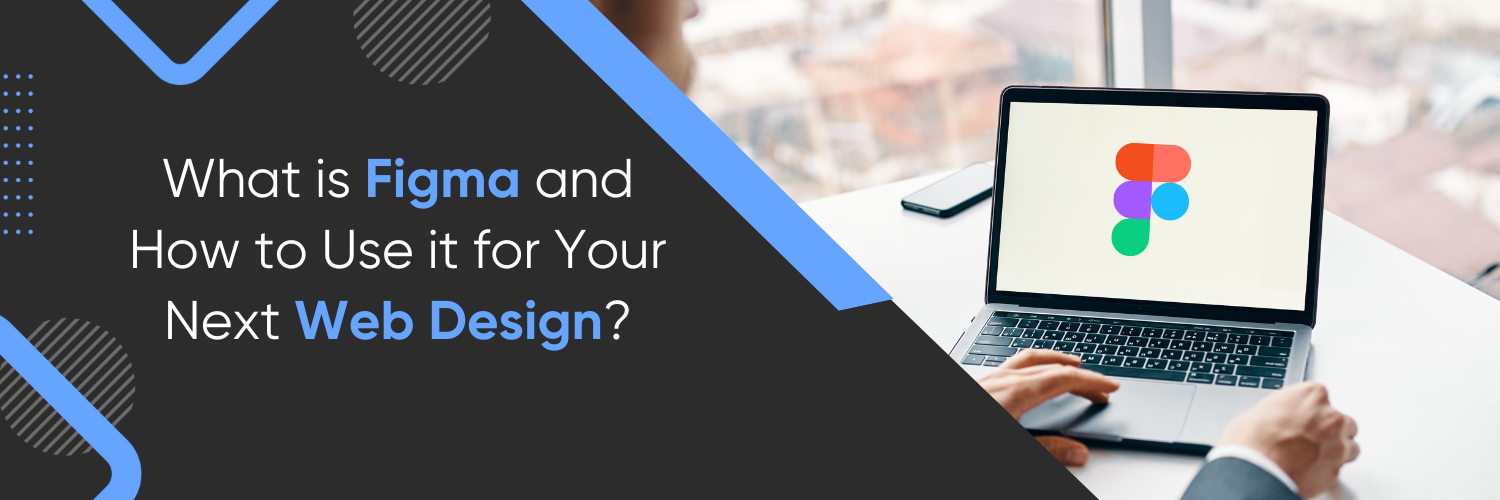Businesses are now relying on Search Engine Optimization (SEO) for their website’s success. It’s all about making your website more visible on search engines like Google.
With good SEO (also known as white hat SEO), you get more visitors, a smoother website experience, and better chances of turning visits into sales. But what about Black Hat SEO? Let’s find out.
What is Black Hat SEO?
Black Hat SEO is a risky way to boost a website’s visibility. It involves tricks to get search engines to rank content higher, even if it’s not the best. While it might work temporarily, it can damage a site’s reputation over time. Unlike White Hat SEO which uses techniques that align with search engine guidelines to improve a site’s rankings, focusing on providing value to the user.
The risks are big. Search engines like Google are getting better at catching these tricks and can punish sites by dropping their rankings or even removing them from search results altogether. This can seriously hurt a site’s traffic and sales. Plus, getting caught using Black Hat tactics can harm a brand’s reputation for good.
Brief History and Evolution of Black Hat SEO
Think of “Black Hat” like the bad guys in old Western movies who wore black hats, setting them apart from the good guys in white hats.
In digital marketing, it means using sneaky SEO tactics that prioritize search engines over real people. Black Hat SEO has grown more advanced as search engines crack down on these shady tricks.
The Difference Between Black Hat and White Hat SEO
White Hat SEO focuses on providing value to the user, adhering to search engine guidelines, and building a sustainable online presence.
Black Hat SEO, on the other hand, seeks immediate ranking improvements without considering the user experience or long-term website health.
Common Black Hat SEO Techniques
Using Black Hat SEO isn’t just seen as unethical; it can get your site penalized or even banned by search engines.
While it might give you a quick ranking boost, it’s not worth risking your website’s credibility and long-term visibility.
Let’s dive into some common Black Hat SEO tricks and why they’re punished.
Keyword Stuffing
Keyword stuffing is the practice of loading web content with excessive and irrelevant keywords in an attempt to manipulate a site’s ranking in search results. This results in a poor user experience, as the content becomes difficult to read and offers little to no value to the reader.
For instance, a website that unnaturally repeats the same phrases or includes blocks of irrelevant keywords at the bottom of a page exemplifies keyword stuffing.
These tactics disrupt the natural flow of information and detract from the user’s experience.
Cloaking
Cloaking involves showing different content or URLs to users and search engines. It is considered deceptive because it manipulates search engine rankings by presenting content for indexing that the user will never see.
This technique creates a disconnect between what is indexed by search engines and what is presented to users, misleading both the search engine and the user. It violates search engine guidelines by undermining the integrity of search results.
Using Private Link Networks
These networks consist of websites created solely for link building to inflate search engine rankings artificially. Often, these sites offer low-quality content that serves no purpose other than to pass link equity to a targeted site.
The use of private link networks is a blatant attempt to manipulate page rankings and is easily detectable by search engines. Detection can lead to severe penalties, including the devaluation of links or the banning of websites from search results.
Content Automation
Content automation uses algorithms or bots to produce content without human oversight. This content is typically of low quality, making little sense, or at worst, plagiarized.
Automated content fails to engage or provide value to readers, negatively impacting user experience signals. Search engines penalize websites for this practice because it contributes to a poor online ecosystem.
Doorway Pages
Created to rank highly for specific search queries, doorway pages often redirect users to a different destination. They are designed to game the search engine algorithms rather than provide direct answers to user queries.
Such pages deceive search engines into ranking a site higher than it deserves, compromising the quality of search results and harming the overall user experience.
Hidden Text and Links
This technique involves making text or links invisible to the user but visible to search engines, often by using the same color for text as the background.
Hidden texts and links are considered deceptive because they aim to manipulate search engine rankings without offering real value or relevance to the user.
Article Spinning
This process uses software to rewrite existing content to appear unique, often resulting in either nonsensical or low quality content.
Spun articles dilute the quality of online content and can attract penalties for low-quality content, affecting a site’s ranking and credibility.
Comment Spam
This involves posting irrelevant links in comment sections to generate backlinks, contributing nothing of value to the conversation.
Comment spam can damage a website’s credibility and may result in penalties for engaging in manipulative link schemes.
Sneaky Redirects
These are redirects that send users to a different URL than the one indexed by search engines, often used to show different content to users than what was presented to search engine crawlers.
Employing sneaky redirects undermines user trust and can lead to search engine penalties or removal from search results, as it represents a clear attempt to deceive both users and search engines.
Avoiding these Black Hat SEO techniques is crucial for maintaining the integrity and long-term success of your website. Instead, focus on ethical SEO practices that improve user experience and comply with search engine guidelines, ensuring sustainable growth and visibility for your online presence.
The Impact of Black Hat SEO on Your Website
Search engines, especially Google, have become increasingly adept at identifying and penalizing websites that violate their guidelines.
Here’s an exploration of the impact Black Hat SEO can have on your website:
Temporary Penalties
Websites caught using Black Hat SEO tactics may face temporary penalties, such as a significant drop in search rankings for specific keywords or for the entire website. These penalties can last from a few weeks to several months, depending on the severity of the violation and the website’s efforts to rectify the issue. During this period, websites may see a substantial decrease in organic traffic, directly affecting their visibility and accessibility to potential customers.
Permanent Bans from Search Engine Indexes
In extreme cases, search engines may choose to remove a website from their indexes permanently. This is the digital equivalent of being exiled, making it nearly impossible for the website to be found through search engines. A permanent ban not only eradicates current traffic but also nullifies future opportunities for organic growth through those search engines.
Significant Drop in Traffic
The immediate consequence of being penalized is a sharp decline in website traffic. Since organic search is a primary source of traffic for most websites, a penalty can significantly reduce visitors. This decline directly impacts lead generation, sales, and, ultimately, revenue. For businesses that rely heavily on online visibility, this can be particularly damaging.
Lost Revenue
The reduction in traffic naturally leads to a decrease in revenue. For e-commerce sites, this means fewer sales; for content-driven websites, it means reduced advertising revenue. The financial impact can extend beyond the period of the penalty, as rebuilding traffic and search rankings can take time and resources.
Tarnished Reputation
Beyond the algorithmic penalties, there’s a reputational risk associated with Black Hat SEO. Customers and business partners are likely to lose trust in businesses that engage in deceptive practices. This erosion of trust can be far more damaging and longer-lasting than any search engine penalty. Rebuilding a tarnished reputation requires significant effort and time, and in some cases, the damage may be irreversible.
How to Protect Your Website from Black Hat SEO
Here are comprehensive strategies and steps to protect your website from Black Hat SEO tactics:
Conduct Regular Audits
Regular website audits are essential for detecting any Black Hat SEO tactics that might be affecting your site. These audits should cover various aspects of your website, including:
- Backlink Profile Analysis: Unexpected spikes in backlinks can indicate spammy or artificial links pointing to your site. Use tools like Ahrefs, Majestic, or SEMrush to analyze your backlink profile and identify any suspicious links.
- Content Evaluation: Check for keyword stuffing and ensure your content provides value to your audience. Tools like Yoast SEO can help assess the readability and keyword density of your content.
- Technical SEO Audit: Look for hidden text, cloaking, and sneaky redirects. Tools like Screaming Frog SEO Spider can crawl your website, revealing any underlying issues that might not be visible on the surface.
Adopt White Hat SEO Strategies
Focusing on ethical SEO practices is the best way to protect your site from the negative consequences of Black Hat SEO. This includes:
- Creating Quality Content: Produce content that is informative, engaging, and valuable to your audience. High-quality content naturally attracts backlinks and improves your site’s authority and relevance.
- Building Natural Backlinks: Earn backlinks through legitimate means, such as guest blogging, creating shareable infographics, or producing compelling content that others want to link to.
- Improving User Experience (UX): Ensure your website is easy to navigate, loads quickly, and is mobile-friendly. A positive user experience can lead to higher engagement rates, longer dwell times, and improved rankings.
Use Reliable SEO and Monitoring Tools
Leveraging tools to monitor your website’s health can help you detect and address potential issues before they escalate. Some essential tools include:
- Google Analytics: Track your website’s traffic, user behaviour, and other critical metrics to identify any sudden changes that could indicate Black Hat SEO tactics at play.
- Google Search Console: Monitor your site’s performance in Google search results, check for manual penalties, and understand how Google views your site. It can also alert you to security issues or indexing problems.
- Moz’s Spam Score: Assess the quality of your backlinks and identify potentially spammy links that could harm your site’s reputation.
Educate Yourself and Your Team
Staying informed about the latest SEO trends and guidelines is crucial for protecting your website. Educate yourself and your team on the differences between White Hat and Black Hat SEO, and ensure everyone involved in your site’s content creation and marketing understands the importance of ethical SEO practices.
Implement a Robust Security Protocol
Black Hat SEO doesn’t just involve manipulation of rankings; it can also include hacking and injecting malicious content or links into your site. Implementing strong security measures, such as regular software updates, secure passwords, and the use of security plugins or services, can protect your website from such attacks.
By conducting regular audits, adopting White Hat SEO strategies, utilizing reliable tools, staying informed, and ensuring your website’s security, you can protect your website from Black Hat SEO and build a sustainable, successful online presence.
Work With Us
If you want to improve your online presence ethically, team up with Ubique Digital Solutions. Our experts use White Hat SEO techniques to help your business thrive online. Let’s work together to make your digital footprint strong and lasting. Reach out to us now.
FAQs
Q: Why Is Black Hat SEO Considered Harmful?
It can lead to severe penalties from search engines, including being banned or de-indexed, negatively affecting your website’s visibility and credibility.
Q: How Can I Tell if Someone Is Using Black Hat SEO on My Website?
Look for signs like unnatural spikes in traffic or backlinks, keyword stuffing, or hidden content. Tools like Google’s Search Console can help identify these issues.
Q: What Should I Do if I’ve Used Black Hat SEO Techniques?
Immediately cease all Black Hat practices and work to remove any offending content. Consider consulting an SEO professional to help you recover and move towards more ethical practices.
Q: Can a Website Recover From a Black Hat SEO Penalty?
Yes, but it requires correcting the violations, submitting a reconsideration request to search engines, and committing to ethical SEO strategies going forward. Recovery can be slow and requires effort and patience.
